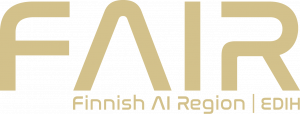
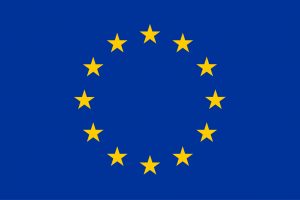
Finnish quantum startup IQM lands record €275m funding as Europe races to compete in quantum computing
IQM Quantum Computers secures largest Series B round in European quantum sector, led by US cybersecurity investor Ten Eleven Ventures. The investment brings total funding to around €520m as company targets global expansion and million-qubit systems
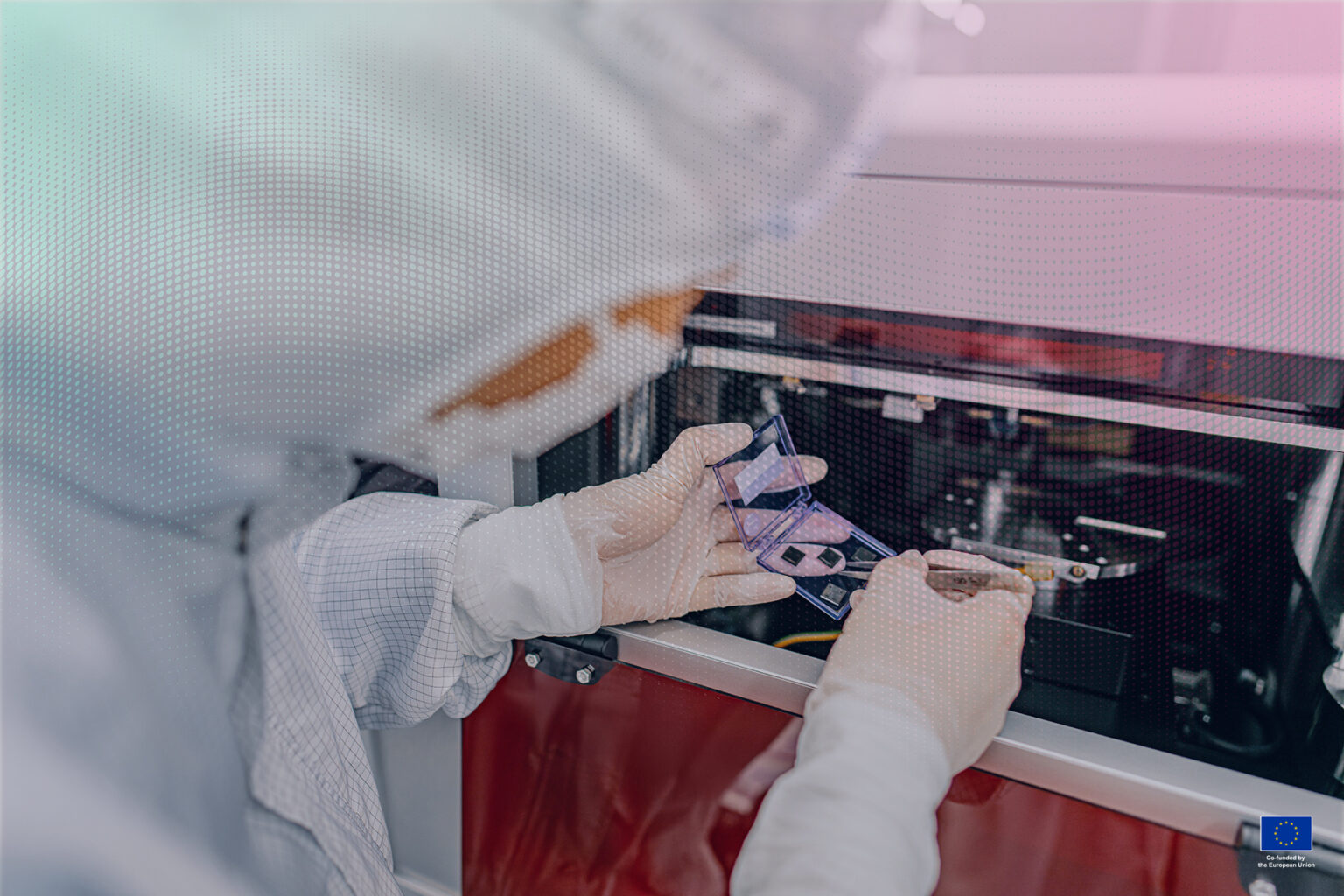
Text by Martti Asikainen, 5.9.2025 | Photos by IQM Quantum Computers

Finland’s IQM Quantum Computers has raised €275m in what the company claims is the largest Series B funding round ever completed by a quantum computing firm in Europe, underlining growing investor confidence in the nascent technology sector.
The Espoo-based startup, which builds superconducting quantum computers for research centres and enterprises, was led by US cybersecurity-focused investment firm Ten Eleven Ventures in what marks the Finnish company’s first American investor. The funding round brings IQM’s total capital raised to €520m since its founding in 2018.
The investment comes as Europe attempts to challenge American dominance in quantum computing, where tech giants such as IBM, Google and Microsoft have been investing heavily for over a decade. European quantum startups have historically struggled to access the scale of private capital available to their US counterparts, with the EU receiving just 5% of global private quantum funding compared to 50% for America, according to European Commission figures
Breaking into the American market
IQM co-founder and co-chief executive Dr Jan Goetz said the funding would accelerate the company’s expansion into the US market whilst advancing its roadmap towards fault-tolerant quantum systems capable of scaling from thousands to millions of quantum bits, or qubits.
“This funding round will fuel our company growth, with an accelerated tech roadmap towards error corrected systems from thousand to million qubits,” Goetz explained. “We also focus on strong business expansion in the US and other global markets based on our attractive on-premises offerings for quantum computers.”
The company, which employs over 350 people globally, claims to have sold more quantum computers than any of its competitors in the past 12 months, though the absolute numbers remain small – IQM hit a production milestone of 30 quantum computers in late 2024. Its systems range from a 5-qubit entry-level machine to flagship 150-qubit systems.
Strategic cybersecurity connection
Ten Eleven Ventures, which has raised over €860m since its founding and made more than 60 cybersecurity investments including stakes in Darktrace, KnowBe4 and Cylance, sees quantum computing as fundamentally linked to the future of cybersecurity.
“Cybersecurity and quantum share an evolving relationship characterised by common stakeholder communities,” said Alex Doll, co-founder and managing general partner of Ten Eleven Ventures, who will join IQM’s board of directors. “Ten Eleven’s investment reflects our belief that partnering with companies at the forefront of the quantum era will be essential for the future of secure computing.”
The connection isn’t merely theoretical – quantum computers could eventually break current encryption methods whilst also enabling new forms of quantum cryptography. This dual threat and opportunity make quantum computing a strategic priority for cybersecurity investors.
European quantum ambitions
The funding round also featured significant participation from existing Finnish investor Tesi, along with pension funds Elo Mutual Pension Insurance and Varma Mutual Pension Insurance, strategic investors from Germany’s Schwarz Group and Taiwan’s Winbond Electronics Corporation, and sovereign wealth funds including the European Innovation Council Fund and Bayern Kapital.
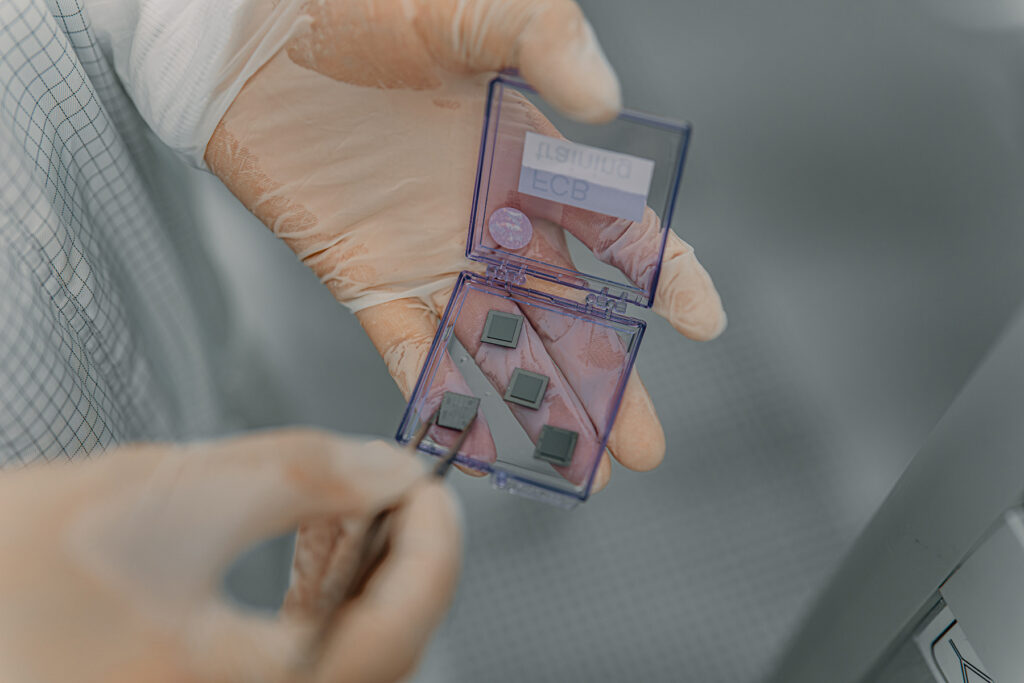
Juha Lehtola, director of venture and growth investments at state-owned Tesi, which has backed IQM since its early days, noted the company’s evolution from research project to commercial enterprise.
“Over the years, IQM has made great strides on its technology roadmap, production capabilities and customer deliveries which truly sets it apart from competition,” he said.
IQM positions itself as Europe’s flagship quantum computing company, having established operations across Finland, Germany, France, Spain, Italy, Poland, Japan, Singapore, South Korea and the United States.
The company recently announced partnerships including supplying quantum systems to Oak Ridge National Laboratory in Tennessee and Japan’s TOYO Corporation.
Quantum computing's commercial reality
Whilst quantum computing remains largely experimental, with practical applications still years away according to industry reports, companies like IQM are working to bridge the gap between laboratory research and commercial deployment.
The technology promises to revolutionise fields including drug discovery, materials science, financial modelling and artificial intelligence by solving problems too complex for traditional computers.
However, current quantum computers remain “too small and too error prone to have any significant impact in the real world,” according to a recent report co-authored by IQM, with practical applications potentially 5-20 years away.
The quantum sector has nonetheless attracted significant investment and attention, with publicly traded quantum companies seeing dramatic share price increases.
The field represents about 1% of global venture capital funding, though much development is still funded by government programmes rather than private investment.
Looking ahead
With its new funding, IQM plans to expand its commercial presence globally whilst scaling up data centre infrastructure and quantum computer assembly lines.
The company will also invest further in its chip fabrication facilities in Finland as it works towards its ambitious goal of building quantum systems with one million qubits – a massive leap from today’s largest systems which number in the hundreds.
Goldman Sachs International acted as sole placement agent for the funding round, which values IQM at over €860m, giving it unicorn status in the venture capital world.
As Europe seeks to establish itself as a serious competitor in the global quantum race, IQM’s record funding round signals both growing investor confidence and the continent’s determination not to be left behind in what many consider the next major computing revolution.
The company’s success in attracting significant US investment whilst maintaining its European base could serve as a template for other continental quantum startups seeking to scale globally whilst competing with American tech giants in this critical emerging technology sector.
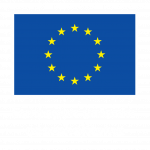
Finnish AI Region
2022-2025.
Media contacts